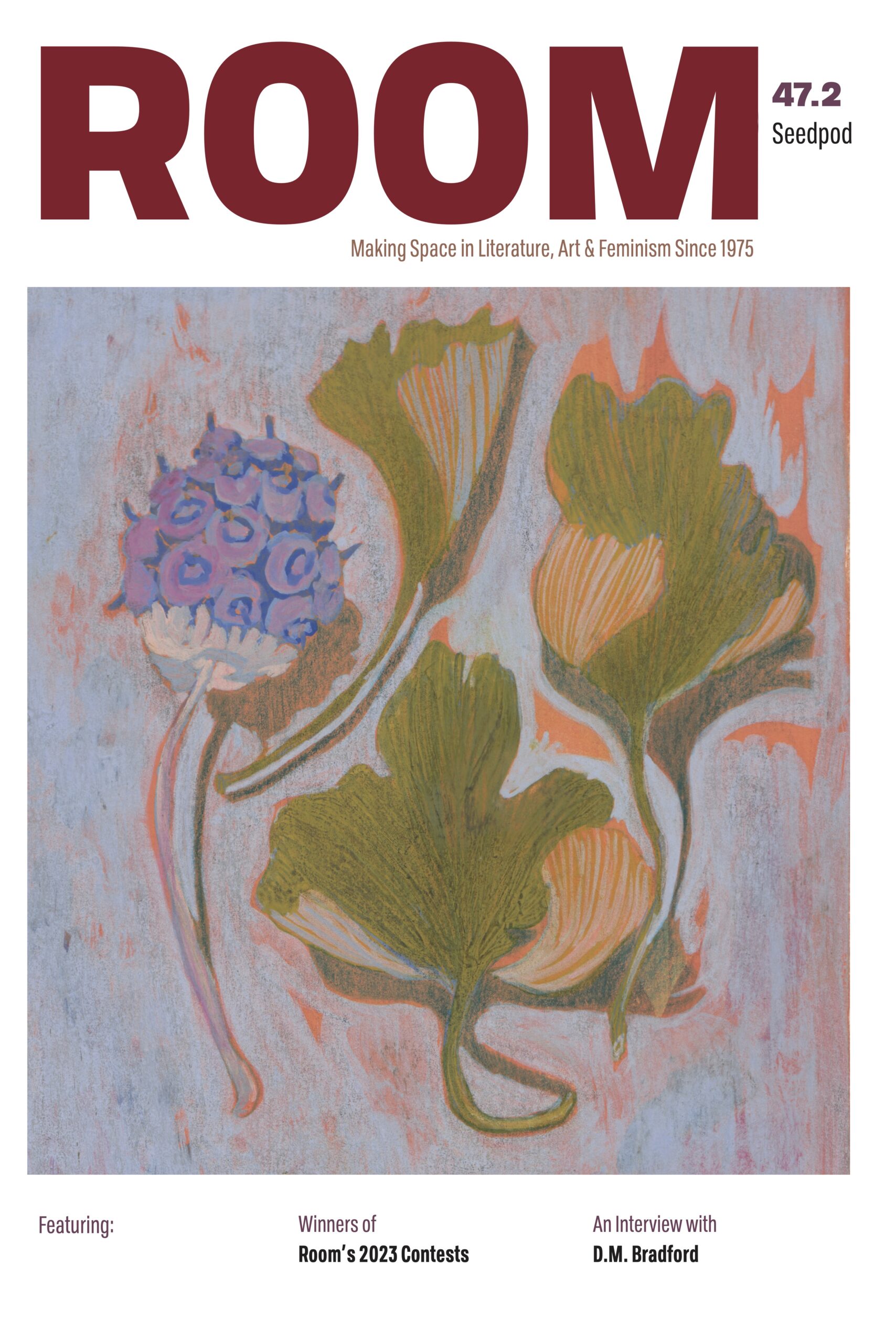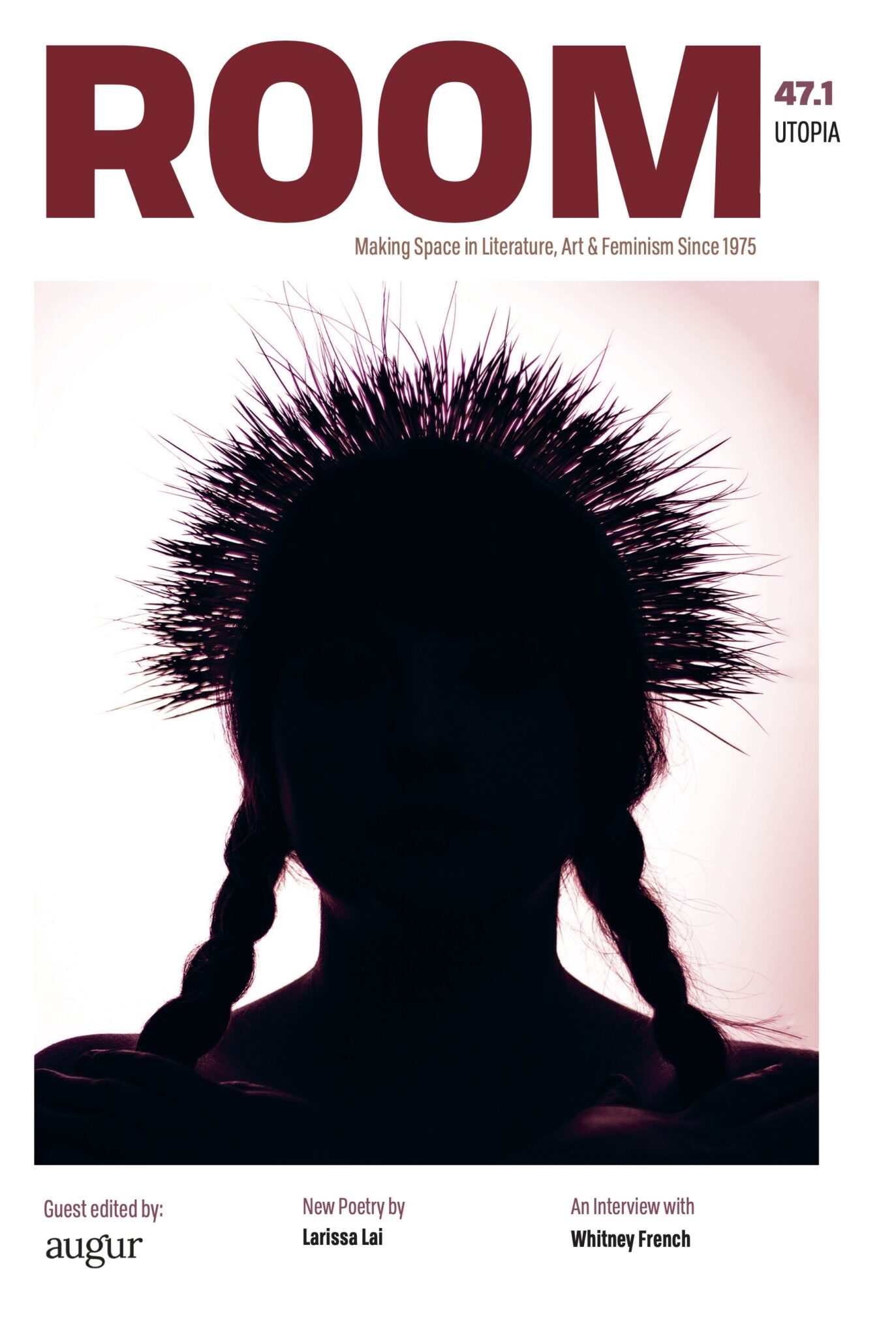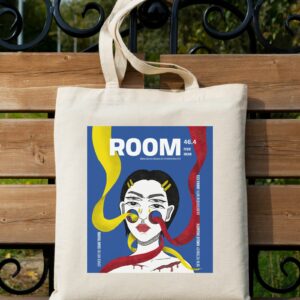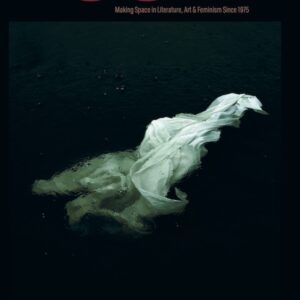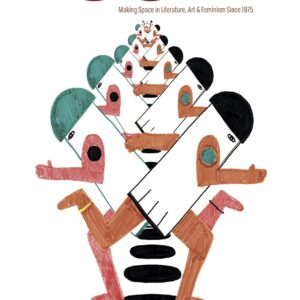I learned how to pick locks in prison. It was a sunny Saturday afternoon; the adults were drunk and some had paired off to have sex in tents pitched on the lawn. I was sitting on the scratched wooden pew of a picnic table, playing backgammon by myself. I shuffled the pieces back and forth on the board and tried to shut out the moans ten feet away, the barbed wire on the fences, the prisoners eating cold chicken with their families at the other tables.
I was ten years old. I didn’t know where my father was. Maybe in one of the tents. Maybe pissing on the side of the building.
Sammy came over. Sammy was our prisoner. We chose him. At least I think we did. My father called it the “check out a prisoner program,” and it was organized by some peacenik-activist-Quaker-type group. My father signed up, got his prisoner, and we drove every Saturday morning to the Central Correctional Institution to visit him.
~
My best friend Sara was three years younger than me, and her mother, Lynn, was my father’s best friend. Sara was a wiry, freckled, blond, mangy kid, with frenetic energy and a trucker’s mouth. She liked to play truth or dare with the contents of the fridge. She’d take a tall glass out of the sink, mix in some mayonnaise and relish and mustard and orange juice and cola and dare me to drink it. I’d refuse. She’d call me a chicken. I’d say I wasn’t a chicken. She’d dance around me on the linoleum floor screaming chicken chicken chicken chicken, her skinny arms flapping at her sides, until I punched her and took a swig. Now me, she’d say. I’d mix an equally gross mixture and hand it to her. No way am I drinking that shit, she’d say, and laugh.
~
Sara and Lynn started coming with us on Saturday mornings. They didn’t have their own prisoner so they visited ours.
Sara and I were assigned the job of preparing the cooler for our prison outings. Each Saturday morning, we poured out half a two-litre bottle of Pepsi and replaced it with Jack Daniels. We were the only ones with hands steady enough for the job. Plus, we wouldn’t skim the goods. Once, at my father’s insistence, we took a swig from the J.D. bottle. Our eyes teared up and we choked and spat and swore it was the most vile liquid on earth, and he said, Good, more for me.
When we got up on Saturday mornings, our parents were either still in bed or not home yet. Sara and I rooted through the cupboards for breakfast, sometimes cereal with no milk or peanut butter on toast, and prepared the coolers. We poured the Pepsi down the sink and broke the seal on a new bottle of Jack Daniels, watching the brown liquids blend into a uniform shade. Then we packed another cooler with Wonder Bread, Miracle Whip, a variety pack of sandwich meats, and whatever our parents had put on the middle shelf of the fridge the night before. We filled a brown paper grocery bag with potato chips and Doritos, a bag of napkins, a box of plastic cutlery, a sleeve of plastic cups, and a roll of toilet paper.
When my father and Lynn returned home or appeared in the kitchen doorway, faces confused and swollen with alcohol and sleep, we fixed a pot of coffee. There was no talking in the morning. Just the clink of spoons against cups, the click of lighters, throats hacking.
Sara and I watched cartoons in the living room, the volume low.
Then our parents would disappear, to shower and change. They reappeared with wet hair, Lynn wearing a sundress and heels, her wide ‘70s sunglasses on and my father in his standard hippie politico T-shirt under a button down long-sleeved cotton shirt, jeans, and open-toed sandals.
~
Sara helped her mother carry the bags, coolers, tents, sleeping bags, cartons of cigarettes, Frisbee, radio, and picnic blanket to the car. My dad threw me a bag of pot and told me to put it in my shoe. If they ask you to take off your shoes remember I’m your father and I say no. Don’t let them intimidate you. You have rights. They can’t just ask you to take off your shoes without my permission. Just don’t speak at all.
We’d drive along the Congaree River, roll down the windows and close our eyes against the wind. We sang songs. My father always stopped the car twenty feet before the gate and steadied himself. He cursed at the guard or lit a cigarette, his eyes steeled, his knuckles white on the steering wheel. I spent my childhood going through goddamn gates. His father was a general. They visited the army base outside the city on weekends, dressed up in their church clothes and sat straight and did not sing songs in the car. My father hated anyone in a uniform. I was trained never to let police or anyone in a suit—which meant FBI—into the house unless they produced a warrant. That’s a slip of paper, signed, with the exact details of what they are allowed to do.
When our Pinto wagon reached the prison gate, the guard stepped out of his little house with a clipboard and walked to the driver’s window. Name, identification, prisoner you are visiting. He never checked the car. He never opened our coolers, looked under the seats, asked us to open the trunk. He never asked us to step out of the car, remove our shoes, explain why your ten-year-old has drugs on her.
Ours was a mission of compassion. We believed in the downtrodden, the lost and condemned, in healing their wounds through community and love. We adopted a man we’d never met before, who had been sentenced for armed robbery, turned in by his adulterous wife when he came home with a bag of money and a gun and found her in bed with another man. I thought this is what you wanted, he said. You thought wrong, she said. At least that was the story told to me. She called the cops. He went to the big house. He had no family. No friends. No one visited him.
Everyone needs company, my father said. Everyone needs hope.
We parked our car in the lot and set up camp at one of the dozens of picnic tables spread over the lawn. It took time for Sammy to appear. He had to be called and checked and signed out and escorted. In the meantime, we pitched our tent, spread out the food, unstacked the paper cups, slathered Miracle Whip on white bread and slapped down squares of pimentopocked meat that stuck where it landed.
I liked Sammy. He had shaggy blondish-brown hair, a quiet voice, and he did not ask me to get things for him. He played backgammon with me when Lynn and my dad snuck into the tent to get high. He told me how beautiful his wife was. Even though I was a kid, I could see he had a broken heart, had been sideswiped by her betrayal, had not made sense of how life dropped him at the Central Correctional Institution, wifeless and alone, and now welcomed into this family of freaks. I could understand him.
The Saturday I learned to pick locks, Sammy and I ate our sandwiches side by side on the bench; we refilled each other’s cups (mine with real soda) when they were empty, and he asked me about school. I told him things I hadn’t told anyone else, either because they didn’t ask or I didn’t think he’d judge me or because I liked him. I said the other kids in the gifted classes were snobs. They wore khakis and Ralph Lauren shirts and head bands with little whales printed on them. The girls scrunched up their noses at me, like I stank, and they didn’t invite me to their houses or birthday parties but I didn’t care. Our worlds orbited different suns. We had nothing in common except reading, writing, and arithmetic. There was a gang of girls in my neighborhood that followed me after school, at a distance, waiting until we were out of sight of anyone else. They’d rush me and throw me in a garbage dumpster. The good news was we never stayed long in one place, so I only had to endure that particular humiliation for a few months.
I didn’t look at Sammy when I spoke. I stared across the open field next to the prison, separated from the yard by the wire fence, and dreamed of crawling under the fence and running, arms wide, through the tall grass and dandelions, until I was swallowed up and lost. Sammy sat next to me, smoking, quiet, staring at the fence. Then he said, How about a game?
Lynn found hope in prison, too. His name was Moose and he was finishing a sentence for manslaughter. Accident, he said. Hit a guy over the head with a garbage can in a bar fight that spilled into an alley, and how did he know that would kill a man? Moose was about seven feet tall and wide and looked like a biker. He was a biker, and he had the deepest voice I ever heard and loved to make Sara’s mom laugh and play Frisbee with Sara. Once the relationship progressed, they claimed their own picnic table and took half our food and drink with them. Sara chased Moose around the picnic table and rode on his back and made his sandwich and didn’t come back to me until her mom and Moose disappeared into a tent.
Sara’s mother was a former ballerina with the Columbia City Ballet.
When we were broke enough that my dad couldn’t pay for my ballet classes, Lynn gave me lessons in her living room. And while all traces of a ballerina’s stance, elegance, or body had disappeared to the casual observer, when she removed her shoes and pointed her toes, lifted her arms into fifth position, and commanded me to plié, you could see the faint outline of her former self shimmer inside the unkempt exterior. We dragged the dining room chairs into the middle of the living room floor and used them for a barre, one hand gripped on the back. We did floor exercises and stretches and she corrected my hands and arms. Her feet were purple, her legs pickled with varicose veins. Her knees cracked when she pliéd. Still, she barked out the correct names of the steps, placed her hand squarely on my lower back while she told me to tuck in my tail, and gave her full attention to our lessons as if we occupied a studio downtown and I was her star pupil. My lessons over the years had been sketchy and even though I started ballet at the age of four, I hadn’t progressed like the other little girls because I missed too many lessons, my tights were always ripping in the crotch and my shoes were worn and tight. Lynn must have recognized my determination, though, my pure love of ballet and willingness to kick and frappé and stretch in any condition, in any location. I only wanted to dance.
Sara wasn’t interested in ballet; she never stuck around. I don’t know how much I got out of our lessons, but they kept me afloat when I couldn’t go to ballet school.
I ignored Sara’s picnics with her family across the yard; she ignored my ballet lessons with her mom. Same difference. We were embarrassed to acknowledge each other’s need for normality, for attention. We pretended it didn’t bother us that our parents communicated with us through notes taped to the refrigerator. We cooked our own suppers, washed our own clothes, figured out together how to get free expired potato chips by the box at the Wise potato chip factory. We prided ourselves in our craftiness, conspired to stretch what we had into something more, always more, than what it was. So we looked the other way when one of us needed something, from our parents or some other adult, that we couldn’t get from each other. It was respect. Don’t look at my weakness, my need.
Sammy waved his friend Tuck over and offered him a sandwich and a drink. He’d take that drink for sure, a sandwich later. He nodded at my backgammon board. He said he liked the leather case. He could appreciate craftsmanship. Do you want to see what I make? He pulled a cloth from his back pocket, unrolled it onto the picnic table. A bunch of dental tools fell out. I didn’t say anything. He asked if I knew what they were. Dental tools, I said. Are they? he said. He picked one up, rubbed his finger along the metal hook on the end. Could be. But I made these myself. These have years of fine-tuned experience worked into them. These are art.
This one, he said pulling out a metal pick with a straight pointed end, you see this, you insert this one into the very top part of the lock, into the curve. He held up the point, flicked it with his fingernail. He placed it back on the cloth and chose another. Now this one, you see this curve on the end? Yeah? This goes into the bottom part. You got to hook it in there and when you feel it catch you rock it back and forth a little. You’ll hear the lock clicking now and you got to keep the straight pick in the top while you click with this one here, and if you do it enough times you’ll be able to hear the gears shift and hear the change. You put your head real close and listen and you can hear the change in sound. You wanna see?
Yeah. I mean yes, sir, I said.
~
He had a lock on him too. He sat next to me on the bench and he held his tools like a dentist, angled in his hands, and made careful movements. He told me to put my ear next to the lock. I can feel the change now, he said. I don’t need to listen. I turned my head away from him and leaned my ear close to the back of the metal lock while he worked the front with his tools. And I heard the click. I looked up. That was it, wasn’t it? I said. You’re a natural, sweetheart, he said. Tell you what, come back and see me next week. I’m going to make you your own set. Come see me next week and I’ll have it for you.
I never got my lock-picking set. I don’t remember if Tuck wasn’t there or we didn’t show up the next week. Eventually, Sammy got permission to leave on weekends and he would visit us. My father picked him up at the prison in the morning and took him back after supper.
Sammy gave me a diamond ring. It was an enormous, fake glass diamond ring and he got down on one knee and asked if one day when I was grown up I would marry him. Then he laughed. I’m just playing with you, sugar. The ring is for you, though. I won it in a game. And there’s no one I’d rather see wear it.
Of course I wore it. It was movie-star big, grown-up glamorous. It rolled around on my finger and turned into my palm more than it faced up, but I wore it around the house.
~
Oh, I don’t believe it. I don’t know what to say.
I practiced saying yes.
